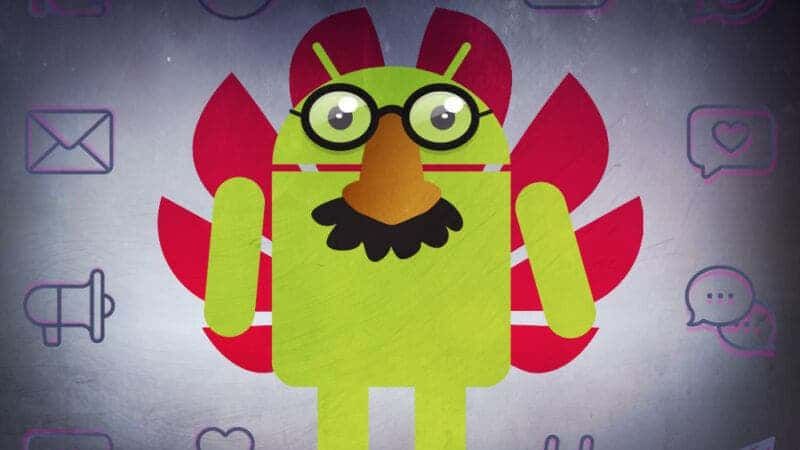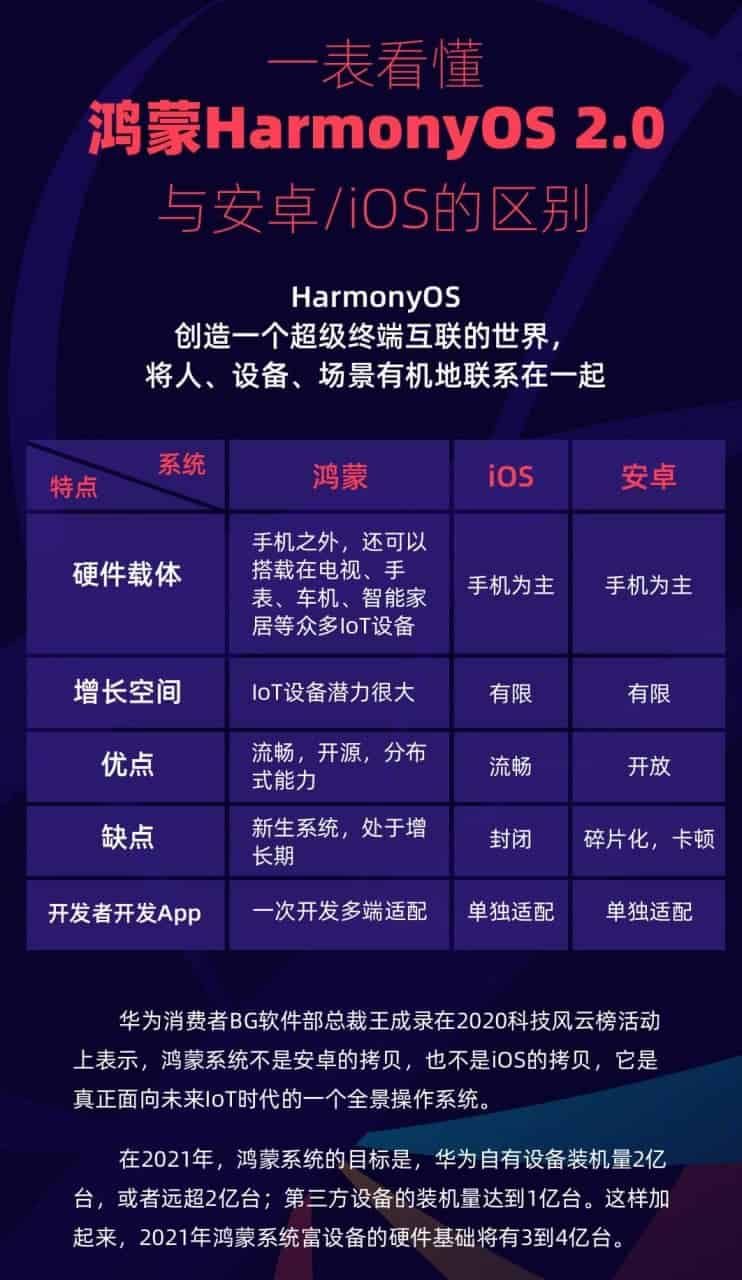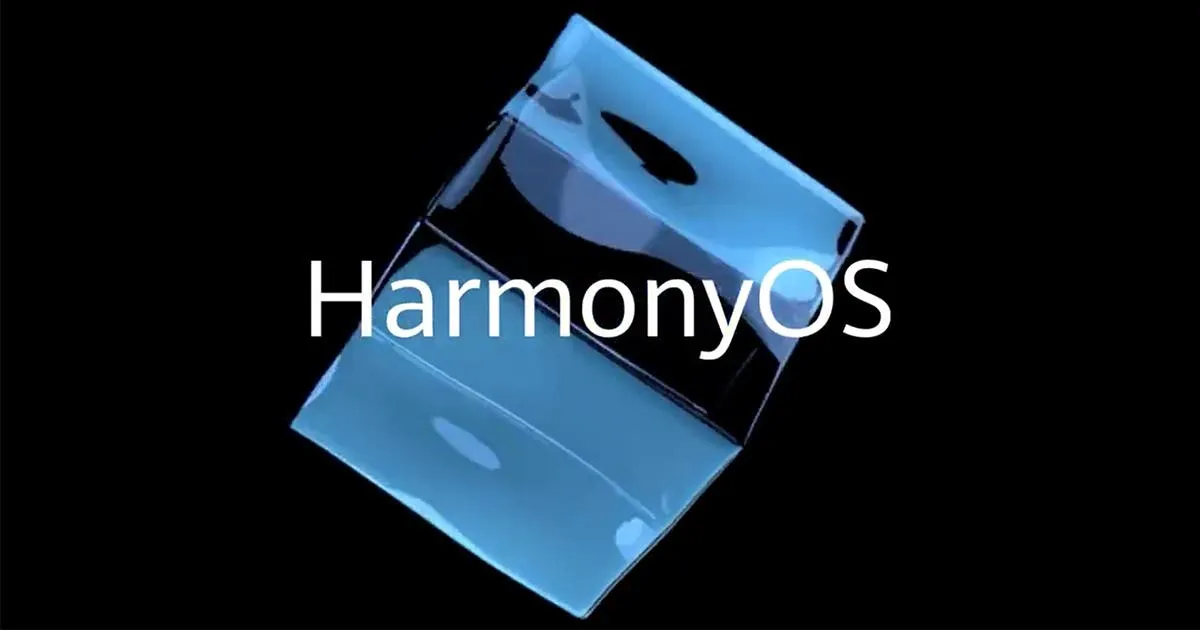Since the announcement of HarmonyOS for smartphones by Huawei, there has been a debate on the web about how much the new mobile platform will differ from Android.
The problem was compounded by the limited access to the beta version of HarmonyOS. Now, Ron Amadeo from ArsTechnica Ron Amadeo was able to test it and draw conclusions.
HarmonyOS is "just Android 10" he said. He describes HarmonyOS as a fork of Android with an EMUI user interface and a few minor changes. At the same time, even the user interface remained an exact copy of the EMUI version that Huawei installs on its Android smartphones.

According to Amadeo, there is nothing wrong with creating Android forks and running as operating systems under your own brand, but you should do it openly and transparently:
Forking Android and launching your own rebranded operating system is totally fine. But be upfront about that. Say "HarmonyOS is a fork of Android" instead of "HarmonyOS is not a copy of Android." Don't call HarmonyOS "all-new" when pretty much the opposite is true.
In early January, a top Huawei manager announced that HarmonyOS is not a copy of iOS and Android and listed the main differences.
Huawei: Here are the main differences between HarmonyOS, iOS and Android
Wang Chenglu, President of Huawei's Consumer Software Division, decided to finally clarify the main differences between HarmonyOS, iOS and Android.
HarmonyOS (HongmengOS in China) for smartphones is considered by many as an alternative to Android. Earlier, there were information on the web that the first release of HarmonyOS 2.0 for smartphones will be based on Android.
Wang Chenglu said yesterday that HarmonyOS is not a copy of iOS and Android. So, now he has provided a table (for those who know Chinese) showing the main differences between the operating systems.

HARMONYOS VS IOS VS ANDROID
HARMONYOS:
Hardware platform: In addition to the mobile phone, it can also be mounted on many IoT devices like TV, cars, smart home appliances
Growth Area: IoT devices have great potential
Advantages: Open source, fluency, and distributed capabilities
Disadvantages: Newborn system in growing age
Apps Developments: One-time development, multi-end adaption capability
IOS:
Hardware platform: Mobile phone
Growth area: limited
Advantages: Smooth
Disadvantages: Closed
Apps Developments: Individual adaptation
ANDROID:
Hardware platform: Mobile phone
Growth area: limited
Advantages: Open source
Disadvantages: Fragmentation, stuttering

Huawei: HarmonyOS is not a copy of Android and iOS
Huawei's operating system HongmengOS for China and HarmonyOS for the rest of the world is not a copy of either Android or iOS. One of Huawei's top managers, Wang Chenglu, president of Huawei's consumer software division, spoke about this in a speech to reporters.
HarmonyOS for smartphones is being considered as an alternative to Android. Earlier, there were information on the network that the first release of HarmonyOS 2.0 for smartphones will be based on Android.
According to Wang Chenglu, the company has been developing the operating system since May 2016. He also noted that HarmonyOS provides very broad “panoramic” opportunities for the future era of the “Internet of Things”. While, for example, iOS only available for smartphones.

The company has set a goal of 200 million HarmonyOS-based devices in 2021, and hopes for much greater results - 300-400 million.
The Chinese company is already testing HarmonyOS 2.0 on smartphones by selected developers and partners.






Place comments
0 Comments
You are currently seeing only the comments you are notified about, if you want to see all comments from this post, click the button below.
Show all comments